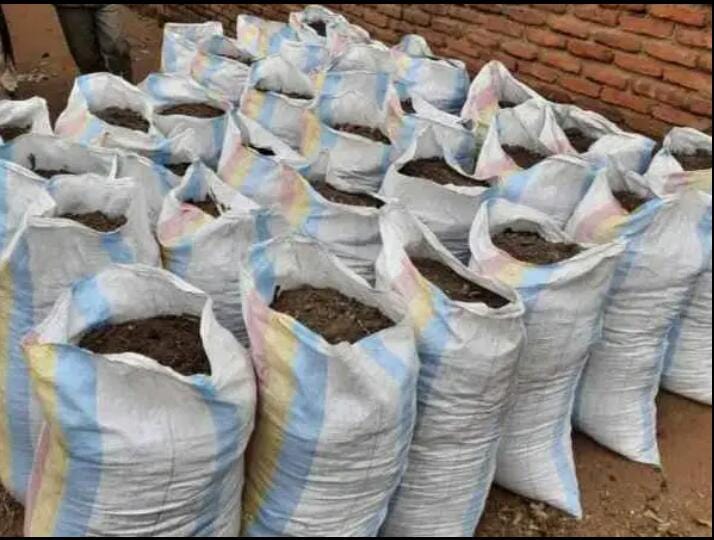Lilongwe Women's Club Produces Organic Fertilizer to Aid Small-Scale Farmers
The 30-member group collects waste from the surrounding communities to make the manure, which they sell at K3,000 ($4) per 50-kilogram bag.
Malawi: A group of women in Lilongwe's Mtandire slum, operating under the Tikondane Women's Club, have created a solution to the rising prices of inorganic fertilizer by producing and selling organic fertilizer at a more affordable cost, writes Benson Kamonjola.
The 30-member group collects waste from the surrounding communities to make the manure, which they sell at K3,000 per 50-kilogram bag.
"Many of us women in these communities were not financially independent, but now our fortunes have changed and we are able to stand on our own financially," said Nora Baziwell, the group's chairperson.
Baziwell added that the initiative, initially supported by the Center for Integrated Community Development (CICOD), has had a positive impact on the group members' lives and the lives of the small-scale farmers who purchase the fertilizer at an affordable price.
Tamala Chadza, another group member, said the manure production business has changed her life, allowing her to support her family through the profits.
"In the last farming season, I managed to harvest over 100 bags of maize through the use of the same manure we produced," Chadza said.
Women's rights activist Vanweck Mumbwa emphasized the importance of empowering women economically, citing high numbers of gender-based violence in the country as a reason.
Mumbwa called on relevant stakeholders to provide women with business skills to end poverty.
Horace Phiri, an agriculture expert from Lilongwe University of Agriculture and Natural Resources, said the use of organic manure instead of inorganic fertilizer is the best alternative and can increase production while improving soil fertility.
Despite the success of the program, the Tikondane Women's Club faces challenges, including farmers who refuse to pay the set prices.
The group has asked for assistance from relevant stakeholders to find new markets.
They also plan to expand their business by increasing production and training more women to produce their own manure for either personal or commercial use.




Waste is only waste if we waste.
They collected organic resources to use them, wonderful!
Nature NEVER wastes and neither should we. We need to be a part of nature instead of abusing nature.